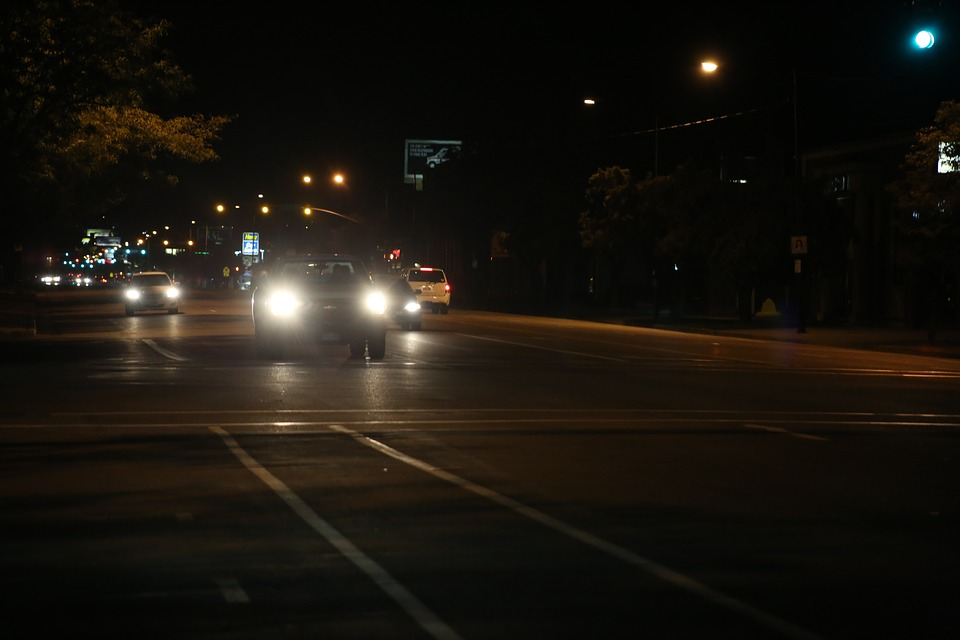
Drowsy driving might not have flashy public service campaigns, but it is a serious safety issue.

By Alan Bauer
The Sun
We hear a lot about drunk driving. We hear a lot about distracted driving — texting, talking on a phone, etc.
What we don’t hear as much about is drowsy driving. A recent study released by the AAA Foundation for Traffic Safety suggests we should pay more attention.
While the federal government says only 1–2 percent of auto crashes are caused by drowsy driving, the study indicated up to 9.5 percent of all crashes and up to almost 11 percent of more serious crashes — those involving property damage and/or injury — are caused by drivers who are sleepy.
Pair that with a National Sleep Foundation poll that showed 60 percent of Americans have driven while feeling sleepy and 37 percent literally have fallen asleep at the wheel, and it’s clear drowsy driving warrants discussion.
Pair that with a National Highway Traffic Safety Administration finding that 846 people lost their lives in 2014 to drowsy driving, and it becomes an even more important topic.
Need even more incentive to move drowsy driving higher on the list of roadway concerns? New Jersey passed Maggie’s Law in 2003. It’s named after Maggie McDonnell, a 20-year-old who died in 1997 after being hit by a driver who hadn’t slept in 30 hours. The driver received a small fine because the state didn’t have a law against driving while tired. The Legislature rightfully found that appalling and passed Maggie’s Law. Now if you kill someone while behind the wheel, and you haven’t slept in more than 24 hours, you can be charged with vehicular homicide.
Drowsy driving might not have flashy public service campaigns, but it is a serious safety issue — one you, and if you have kids starting to drive, should take seriously.









